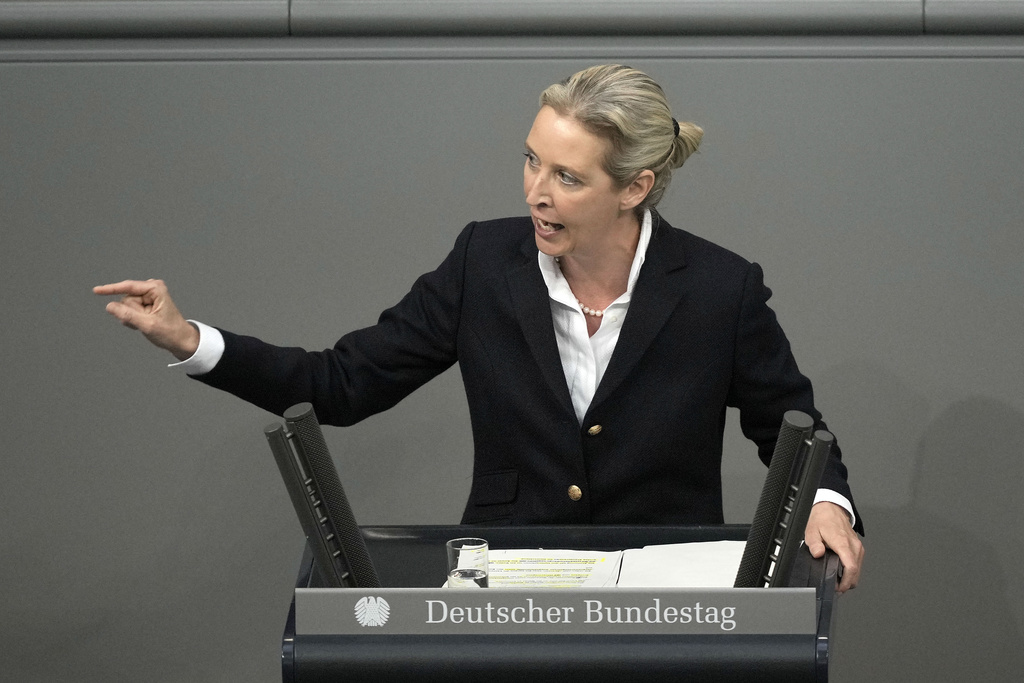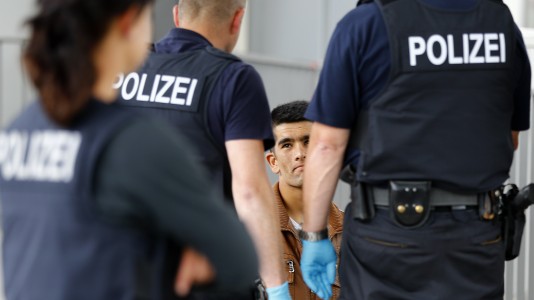After a Berlin court ordered the repeat elections in select districts, the Alternative for Germany nearly doubled its support from the September 2021 vote.
On Sunday, 550,000 citizens were able to vote, amounting to a fifth of the city’s population in 455 districts, with the AfD scoring 12.6 percent of the vote. In 2021, their overall share was only 7 percent.
In one eastern district, Marzahn-Hellersdorf, the AfD received the most votes of any party, amounting to 33.1 percent of the vote. In 2021, the AfD managed only 18.5 percent of the vote in this district. The Christian Democratic Union (CDU) received 21.5 percent of the vote in the same district, coming in second place.
However, there are some caveats to the results. For one, the election was not city-wide, and turnout in the repeat election was much lower, with only 51 percent of eligible voters heading to the polls, which represents a 25-point drop in participation.
That being said, the AfD was the only party besides the AfD to not only increase its voter share, but also increase the overall number of votes it received, jumping 5,326 votes to 159,000 overall.
SPD and FDP are the biggest losers
Many election experts are hailing the result as a loss for the ruling Social Democrats (SPD), which saw the biggest drop in support, going from 22.4 percent in 2021 to 14.6 percent. However, the Greens made a slight gain to reach 27.7 percent.
The Free Democrats (FDP) saw their night turn into a disaster, going from 9.1 percent of the vote in 2021 to just a mere 3.3 percent, while the Left Party jumped 0.7 points to 12.9 percent of the vote.
In an analysis piece for Welt entitled “A final warning for the traffic light,” with the “traffic light” referring to Germany’s left-liberal government made up of SPD, the Greens, and FDP, the author writes:
“Several signals can be derived for the four major elections this year, especially for the federal government. If the repeat election (in Berlin) was the dress rehearsal for the European elections and the state elections in Saxony, Thuringia and Brandenburg, then it failed for the traffic lights.”
The SPD and especially the FDP have to fear the coming elections. Both parties are among the big losers in the nationwide polls compared to the federal election. Chancellor Olaf Scholz’s SPD is back in the gray middle field. It looks even more drastic for the FDP: If the 455 electoral districts are broken down, the Liberals would clearly fail the 5 percent hurdle. They know this from many past elections, but the prospects for the Liberals, who are traditionally weaker in the east, are not bright.”
Arguably the biggest winner overall in Berlin is the Christian Democrats (CDU), going from 13.7 percent of the vote in 2021 to 20.6 percent.
The vote did not change much in terms of the overall results of the 2021 election, although the AfD is now ahead of the FDP in terms of total votes.






